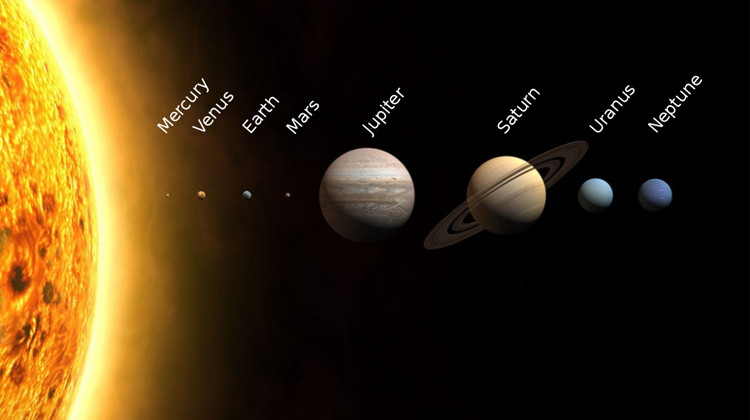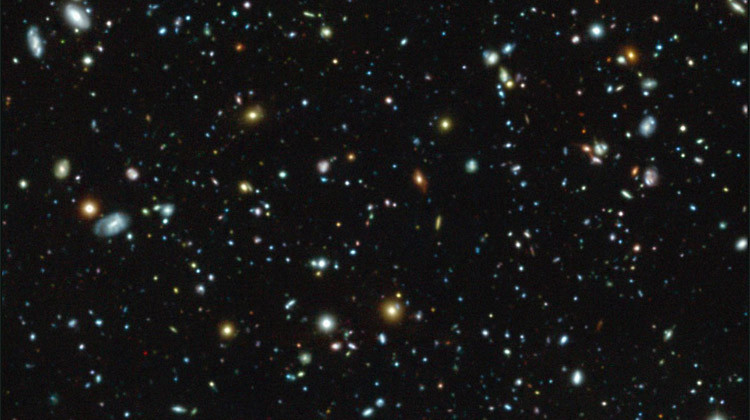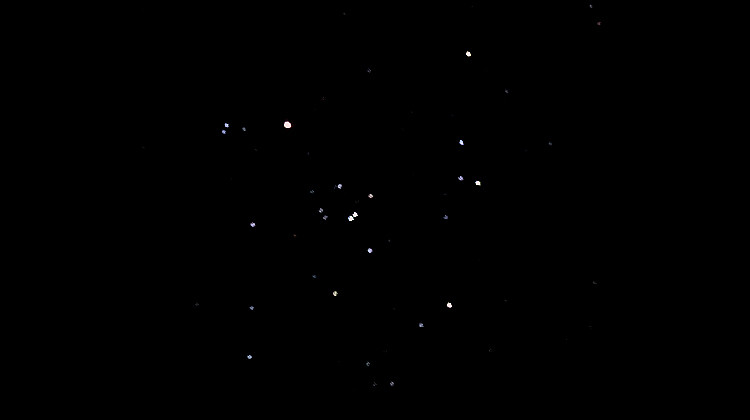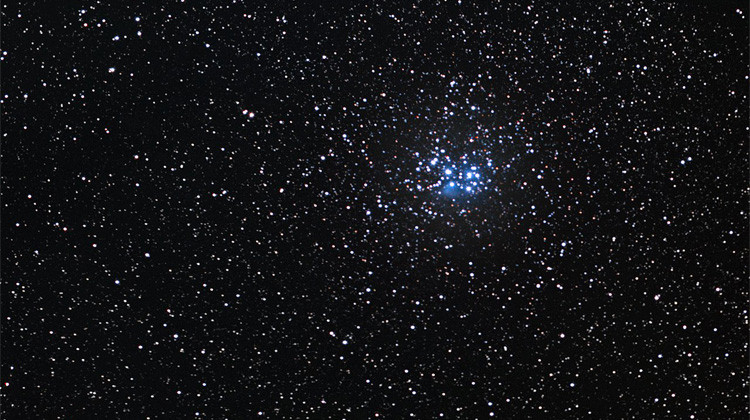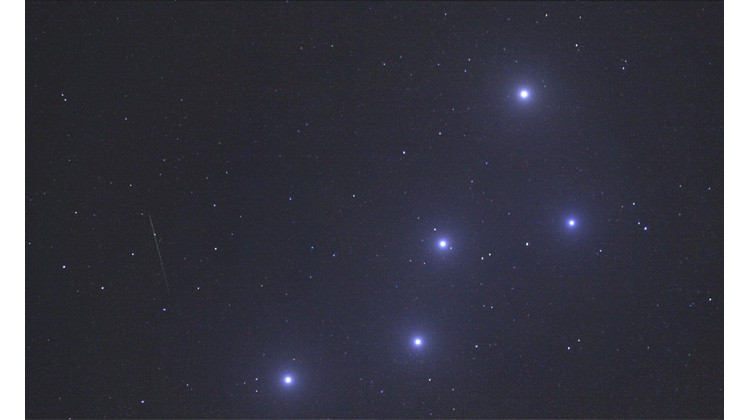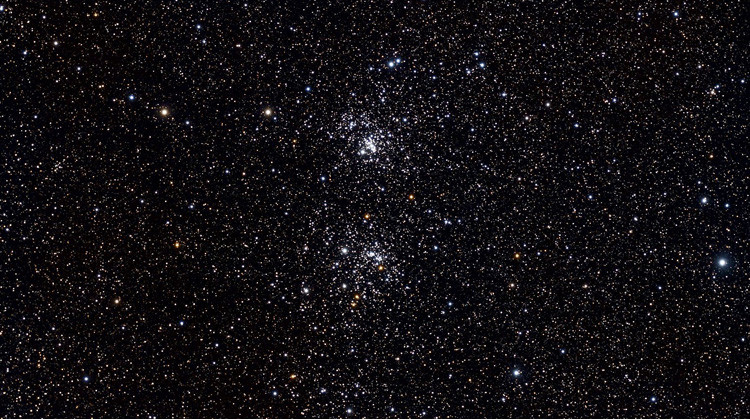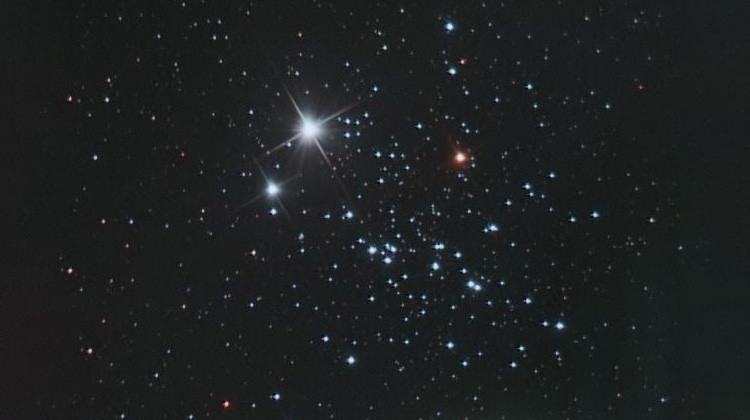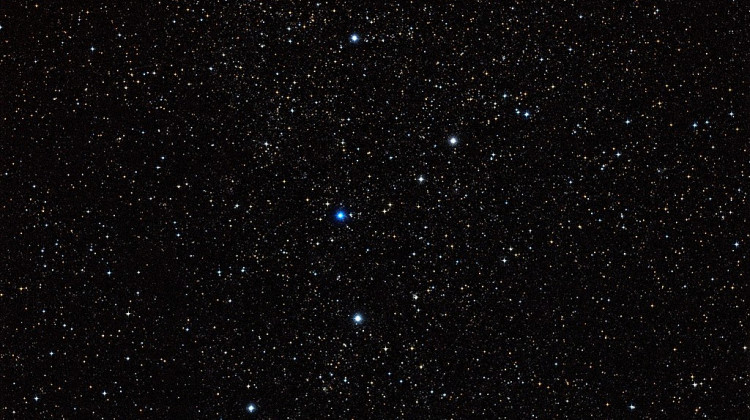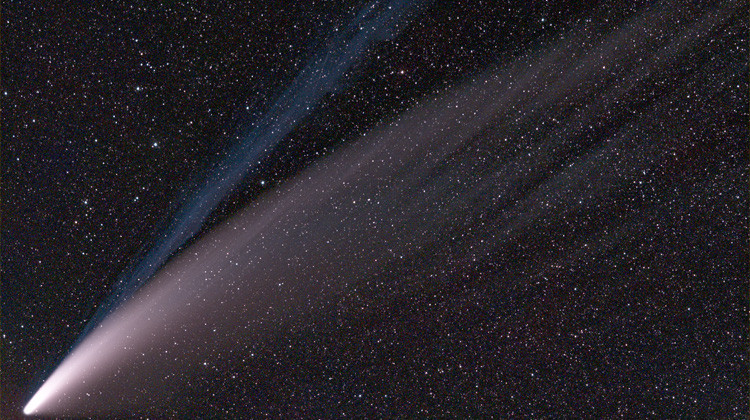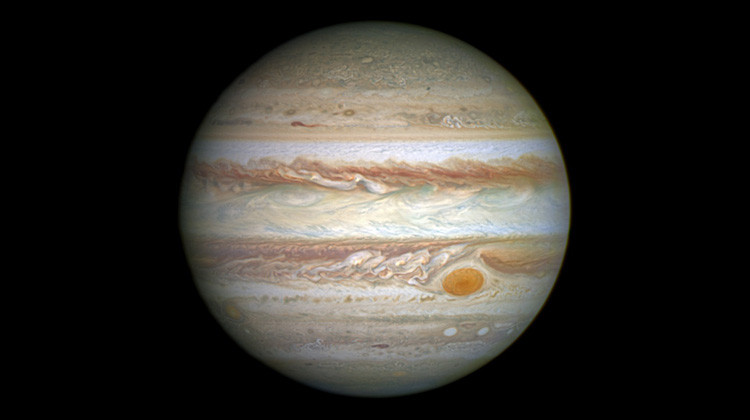Planet Parade
Update: 2020-10-09
Description
Mars, Jupiter, Saturn, Uranus, AND Neptune will all be in the evening sky this weekend. And so will Pluto, if you still consider it to be a planet, but most amateur telescopes won’t have a chance of spotting it.
To see them all, you’ll need a decent telescope. To see the three brightest ones, you just need your eyes. Let’s go from East to West.
At around 10pm, you’ll notice a bright orange point of light in the night sky that doesn’t twinkle. That’s Mars, but further East, or to the left, is Uranus. In fact, it’ll be almost due east at ten o’clock, and slightly lower in the sky than bright Mars. Now, you can’t see Uranus with the naked eye unless conditions are perfect--dark skies and no atmospheric interference. And even then, it’s tough to spot. But with most telescopes you should be able to see something. If you spot a pale blue-green disc, you’ve found it.
Again, you can’t miss Mars… it’s bright, and has that distinct red-orange hue.
Now for the hardest one to spot… at 10pm, Neptune will be high to the south/southeast. You’ll need a large telescope to find it. Neptune wasn’t even discovered visually--it was discovered mathematically in the mid 19th century by studying the orbit of Uranus. Again, if you have a particularly good telescope, look for a dim, deep blue disc.
And to the southwest, you’ll see two brighter points of light that don’t twinkle. The dimmer yellow one is Saturn. Any telescope will reveal its rings. An amazing sight from your backyard. The brightest point of light to the west or right of Saturn is Jupiter. Binoculars should be enough to see its four Galilean Moons.
Oh, and Pluto? It’s right between Jupiter and Saturn… but you won’t be able to spot it unless you have an enormous telescope and know exactly what you’re looking for.
To see them all, you’ll need a decent telescope. To see the three brightest ones, you just need your eyes. Let’s go from East to West.
At around 10pm, you’ll notice a bright orange point of light in the night sky that doesn’t twinkle. That’s Mars, but further East, or to the left, is Uranus. In fact, it’ll be almost due east at ten o’clock, and slightly lower in the sky than bright Mars. Now, you can’t see Uranus with the naked eye unless conditions are perfect--dark skies and no atmospheric interference. And even then, it’s tough to spot. But with most telescopes you should be able to see something. If you spot a pale blue-green disc, you’ve found it.
Again, you can’t miss Mars… it’s bright, and has that distinct red-orange hue.
Now for the hardest one to spot… at 10pm, Neptune will be high to the south/southeast. You’ll need a large telescope to find it. Neptune wasn’t even discovered visually--it was discovered mathematically in the mid 19th century by studying the orbit of Uranus. Again, if you have a particularly good telescope, look for a dim, deep blue disc.
And to the southwest, you’ll see two brighter points of light that don’t twinkle. The dimmer yellow one is Saturn. Any telescope will reveal its rings. An amazing sight from your backyard. The brightest point of light to the west or right of Saturn is Jupiter. Binoculars should be enough to see its four Galilean Moons.
Oh, and Pluto? It’s right between Jupiter and Saturn… but you won’t be able to spot it unless you have an enormous telescope and know exactly what you’re looking for.
Comments
Top Podcasts
The Best New Comedy Podcast Right Now – June 2024The Best News Podcast Right Now – June 2024The Best New Business Podcast Right Now – June 2024The Best New Sports Podcast Right Now – June 2024The Best New True Crime Podcast Right Now – June 2024The Best New Joe Rogan Experience Podcast Right Now – June 20The Best New Dan Bongino Show Podcast Right Now – June 20The Best New Mark Levin Podcast – June 2024
In Channel

